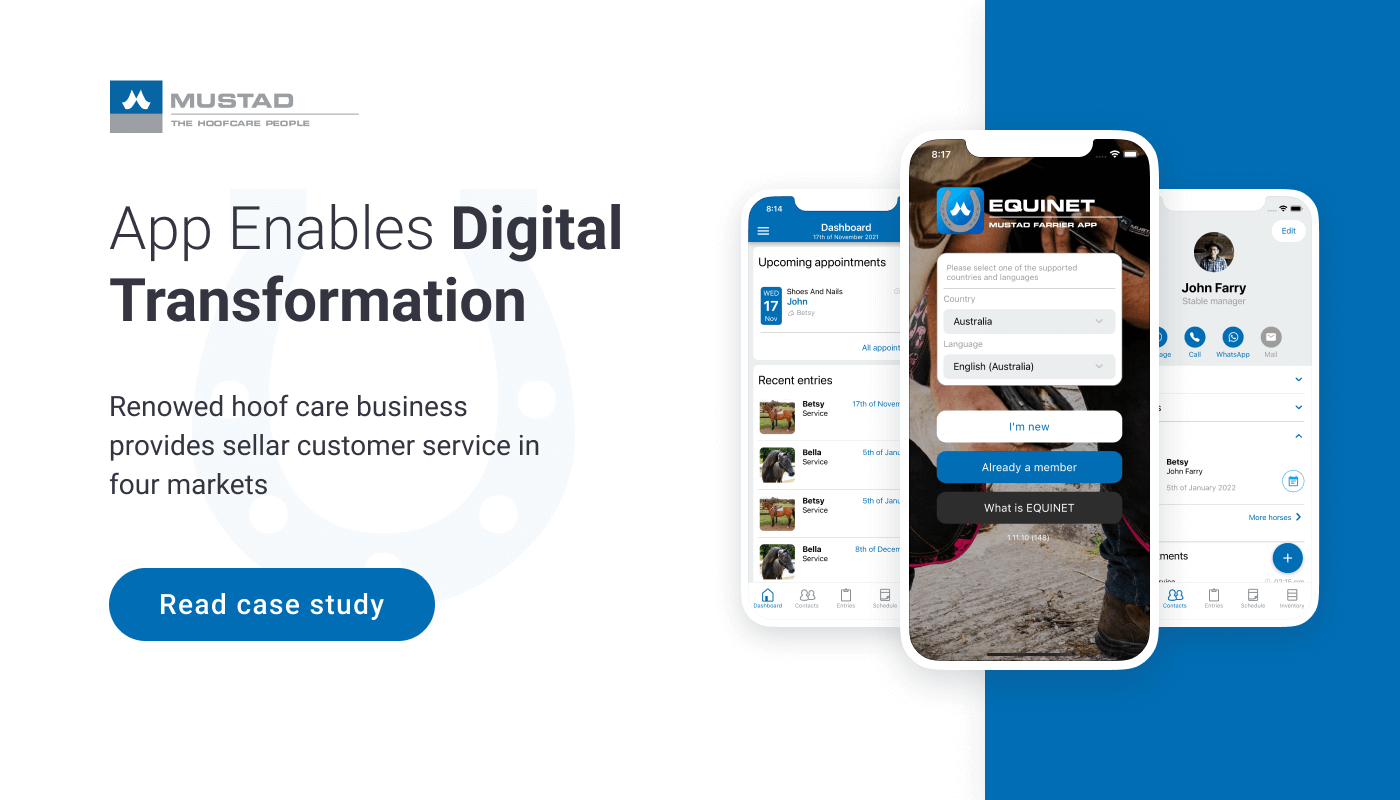The State of Vue.js Report 2025 is now available! Case studies, key trends and community insights.
Table of Contents
Monterail grew from a bunch of experts coding in a tiny rented apartment to a go-to software company serving international clients. Over the course of time, we moved to a fancy (and smart!) office, introduced new roles, technologies, and developed processes. Much has changed but, as cliché as it may sound, we are still the same. But what does it mean? Who are we?
So, if you want to get to know us better, learn what drives us and know what’s the story behind core values and mission statement, read on.
Do We Need Core Values and Mission Statement?
Although core values are talked about on and on in business, the idea will never get outdated. Core values mean a set of guiding principles that help to define how the organization and people within it should behave.
- They’re non-negotiable.
- They let us understand each other better as well as expectations towards us.
- They also help our clients learn what kind of experience they could expect from working with us.
- They help future employees precheck whether we suit each other.
So yes, the answer back then and now is, that we need them.
The idea of a mission statement was also quite known to us—it identifies the scope of the company’s operations, should explain what kind of products or services it provides, and what values it adheres to.
Alright. But the question remained - do we really need a mission for our company written down? - We asked ourselves for a while. And I believe that we’re not an exception here. Sorry for the spoiler, but the final answer to this question is YES, WE DO. Details below.
Back to 2018
Even though our core values were for a few years unspoken, we kind of lived and breathed them in our work. They were present in our recruitment process and how we work with clients. In 2018, based on daily observations and talks, Szymon and Bartosz, Monterail co-CEOs, put into words what Monterail has always been about but the process was not that simple.
Although coming up with values is not inventing something from the scratch but rather formalizing what we already know and feel, we failed in the first attempt last year. Why? Trying to involve in the process as many people as possible resulted in getting hundreds of ideas, countless discussions and no result whatsoever.
The key realization: core values and mission statement should come from the founders.
Lessons learned, so the next step was much better planned and executed. We organized strategic workshops engaging the founders and heads of all teams—backend, frontend, design, marketing, HR and sales. Further on, Szymon and Bartosz chose the final set of values, defined the mission statement andclarified what it meant to them.
Mission Statement

Innovative software means delivering products that change the world - for the better. We want to support industry leaders who are bold enough to develop their business ideas and disrupt new markets. Innovative software helps get ahead of the competition, changes the status quo and makes an impact on users' lives.
Some of the innovative software in our portfolio:
-
Equinet
- A 100-year-old industry leader went through a real digital
transformation and is now able to streamline and effectively manage
hoofcare services with a mobile farrier application.

- Guild - A messaging platform built for professional groups, networks, and communities that was recognized by Red Herring's 2019 Top 100 European Startups.

- Elisa - Live shopping tool revolutionizes e-commerce and at the same time aims to help offline businesses thrive.
Core Values

Figure it out
Monterail is a place for builders, creators, and makers. Our job is to provide solutions to other people's problems. When we’re in doubt or we don’t know a solution, we ask and figure things out collectively.
We embrace the ever-changing world and we're willing to adapt and learn. Looking for new, better ways is what truly drives us.
We always commit fully to understand our clients' needs and deliver in a way that makes them say "Wow, I haven't thought of that!".
Embrace responsibility
We are disciplined and keep our promises. What we do today makes an impact on ourselves and others tomorrow; therefore we think twice when we make a decision and consider its consequences thoroughly.
It is our responsibility to grow as individuals and support the growth of the people around us. We know we have to learn new things and share the knowledge in order to promote best practices and encourage quality.
In the end, we are here for our clients and it’s always a top priority to deliver them the best experience and service. There's no place for sloppiness in building great products.
Be honest
We build on trust—our work, our team, and our relationships with clients and partners. We cherish transparency and honesty. If something cannot be done, if we've made a mistake or if we don't agree, we speak it out loud.
We don't talk behind people's backs. Instead, we provide truthful, sincere feedback no matter if the message is good or bad which allows us to improve as experts and as human beings.
There are no double standards for anyone. We treat ourselves based on the same, clear rules.
Stay humble
No matter how big we are, we stay humble. We are introspective and always pursue a better version of ourselves. We accept we can be wrong and we are not afraid to fail. After all our mistakes are our learning experience.
We are experts in software. But it’s the clients, the users and the outside world that needs it – so we listen closely. It is only then the work meets its purpose. We work for the effects, not to feed our ego.
We’re humble to each other. We’re not pushing for opinions just because they’re ours. We know how to say we’re sorry.
We fear of being hubris. Accomplishments are nice but it’s always day one.
How to Monterail
Having defined core values doesn’t automatically mean living them. To make sure, those words are clearly understood and applied to our daily life, we curated a Code of Conduct, informally known as How to Monterail.
It’s a translation of our core values into a descriptive, actionable set of actions and behaviors that we all appreciate in each other and want to cultivate in Monterail. Everyone willing could contribute to preparing this content.
To give you a picture of what kind of behaviors I’m talking about, here’s the example:
The phrase “something can’t be done” usually means that it can’t be done in some particular circumstance (like you can even divide by 0 if you really want to!), so make sure you provide those as well. For example: “it can be done, but it will take us 2 years”, “it can be done but we would need to have way more expertise in X for doing that”
By identifying the essence of our company, we feel more united and focused on what’s the greatest benefit for our clients: delivering innovative software.
:quality(90))
:quality(90))